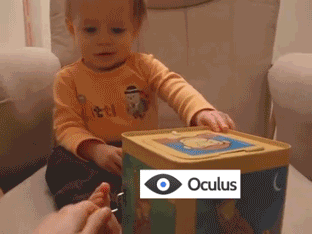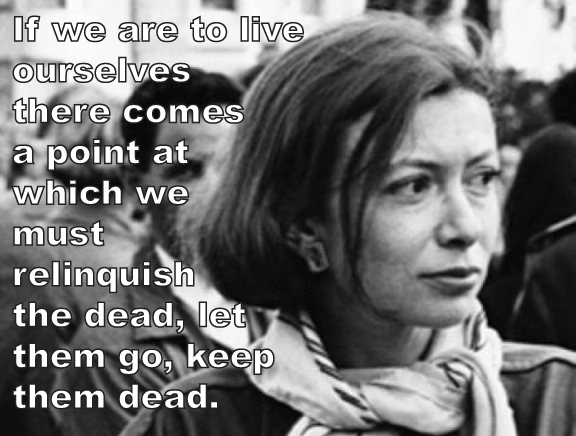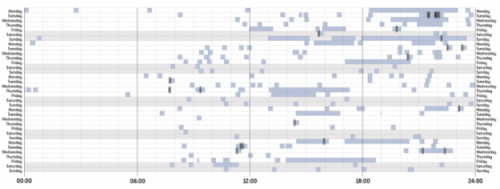
Last week, The Verge’s Adrianne Jeffries (@adrjeffries) asked a really provocative titular question: “If you back a Kickstarter Project that sells for $2 billion, do you deserve to get rich?” After interviewing venture capitalists and the like she concludes that the answer isn’t even “no” it’s “that’s ridiculous.” After speaking to Spark Capital’s Mo Koyfman Jeffries writes, “Oculus raised money on Kickstarter because it wanted to see if people wanted and would buy the product, and whether developers wanted it and would build games for it. The wildly successful campaign validated that premise, and made it much easier for Oculus to raise money from venture capitalists.”
Kickstarter’s biggest innovation is its ability to cut two time-consuming tasks –market research and startup funds– down to a 90 day fundraising window. Companies that choose to use Kickstarter usually aren’t ready to offer equity because that comes after the two steps that Kickstarter is so useful in accelerating. Or, perhaps more honestly, companies opt to use Kickstarter precisely because they want to avoid selling off shares of their company as much as possible. Jeffries gives us a good financial and legal (juridical, if we want to be Foucauldian about it) but that seems like a wholly unfulfilling argument for someone who spent $25 on an Oculus-branded t-shirt. Let’s forget for a moment about what’s legal and normal –those things are rarely moral or fair– and start to compare what happens on Kickstarter to similar (and much older) social arrangements. To start, let’s go way back to the early 1990s. more...








